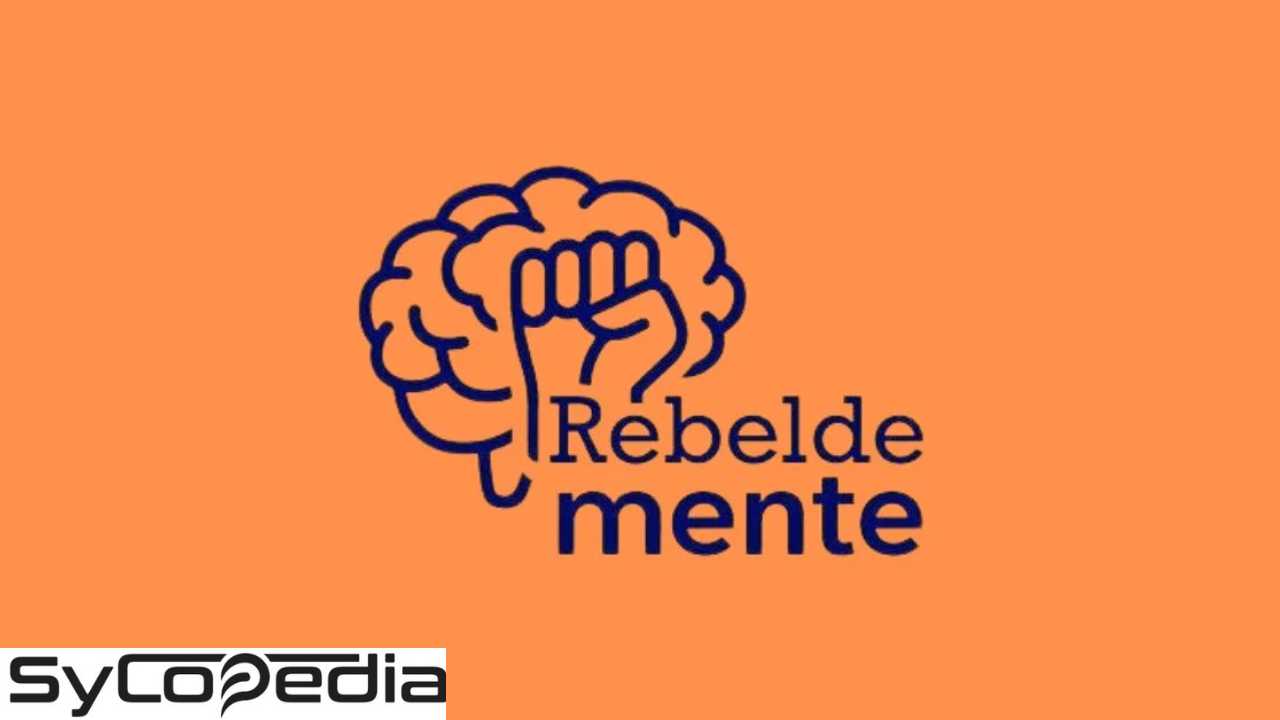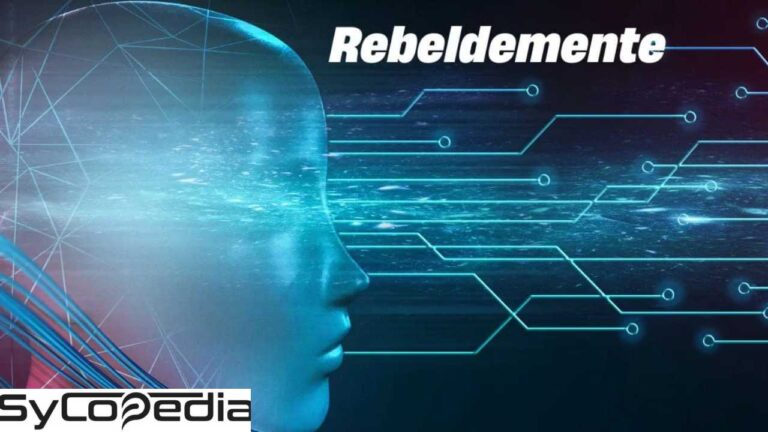In the current dynamic culture of the world, many people refuse to remain ordinary and look for new methods to express themselves. The term “Rebeldemente” thus encapsulates the idea of rebellion and creativity very well. Indeed, mixing the Spanish words, ‘rebelde’ translating to rebel and ‘mente,’ translating to mind, symbolizes a rebellious attitude against traditional practices and norms, embracing different ideas of thinking.
This concept is now becoming popular as people and groups globally embrace it in the rebranding of their lives. Well, what does it mean to live “rebeldemente”? This article discusses what is at the heart of this particular mental attitude, what led to its emergence over the years and millennia, how it is used in different cultures today, and what it can be used for today.
Whether you are interested in knowing how this idea applies to arts, fashion, and music, or you want to learn how to use this rebellious yet creative concept, we have covered you. Read on to discover how ‘rebel dementia’ can change your perception and help you develop a different way of thinking and being.
Why Rebeldemente Matters Today?
This work of art, Rebel Dementia, is in tandem with the general current in art today, which seeks to subvert conventional practice and embrace different marginalities.
This concept can explain society’s tendency to accept and even encourage non-conventional behavior at the expense of the deemed appropriate norms. It also allows for independent thinking and action, which is useful in contemporary diversified and pluralistic cultures.
Influence on Modern Arts, Music, and Fashion
The Concept of Rebel-demente
Demente arises from multiple rebellious subcultures that go against society’s norms. Although its usage could be traced to protest in works of art and literature, it became progressively related to culture.
It has gradually established a wide range of rebellion cultures and people’s uniqueness in various societies and periods.
Influential Movements and Figures Several
Rebeldemente as a concept has evolved through different stages in history and thanks to several influential personalities.
From the biosphere reserve artists of the early part of the twentieth century to today’s popular culture social media crusaders, these persons and organizations have made significant contributions to propagating and embodying the rebellious ethos.
Cultural Significance
Rebeldemente has had the impact of causing independent creations of art in the field of visual arts, with peculiar ideas that do not conform to the familiar mannerisms and topics on the subject.
Many artists adopt this thinking, creating artworks that should make the viewers think differently about most things in society..
Examples in Popular Culture
Rebel-demente is present in many forms
- Popular culture
- Movies
- Television
- Literature
Examples are characters and story arcs that focus on people with disabilities and stories that subvert social norms and expectations of behavior.
The Core of RebelDemente

In Spanish, ‘rebelde’ means the one who goes against society’s norms or laws. In the context of rebeldemente, it is opposition to the most traditional norms and a desire to be creative.
Examples of the Rebelde Mindset
This may be seen in a range of practices in the arts, science, business, etc. These examples explain and demonstrate that a rebellious mode of thinking can fairly often be beneficial and prompt impressive results and discoveries.
Case Studies in Different Fields
The rebel-demente lifestyle is built on the presumptions of uniqueness, art, and freedom from obedience. It helps people accept their perspective and makes them non-traditional professionals.
Living the Rebeldemente Way
To follow the rebel-demente way of life, the strategies include engaging in creativity and research, questioning the norms in one’s field of work and exercising counterculture by surrounding oneself with like-minded progressive people.
Practical Tips for Daily Life
- Break from routine; pursue passions.
- Challenge societal norms and think independently.
- Surround yourself with creative influences.
- Experiment with new ideas and styles.
- Take risks in self-expression.
- Reject fear of judgment; embrace uniqueness.
- Stay open to unconventional experiences.
Benefits and Challenges
That means a rebeldemente lifestyle is not without its problems: sometimes society does not accept a person’s choice, and sometimes the choice seems insufficiently valid to the person himself. Overcoming these obstacles involves:
Potential Obstacles and Solutions
- Flushing out the concept of integrity or staying loyal to one’s principles.
- Looking for assistance from caring groups.
- Endlessly extending the frontiers of conventional wisdom.
Cast of Rebeldemente
Some of the famous personalities associated with rebel dementia are artists, musicians, teachers, and leaders who have played their roles and contributed to its formation.
Such people have created such dynamism by having a positive impact on their work and contemporary culture.
Their Contributions and Achievements
This is a round-up of the performances by some main characters to demonstrate the various ways rebeldementes enculturate the modern generation.
Their input regularly crosses-setting and, perhaps more importantly, encourages other entities to share the same attitude.
Cultural References and Representation Cultural
Rebel-demente was very popular and could be seen in various forms of media and entertainment. These references assist in spreading the idea of practice and its implementation in the general culturally dominant discourses.
Conclusion
This article has enlightened the academic world on ‘rebeldemente,’ which conjoins rebellion with mindset. From its roots and development process, including its influence on art, music, and fashion, to the fact that the rebel spirit constitutes the heart of this cultural phenomenon, we can gain knowledge and comprehension of how this flexible concept works to break the norms and encourage individuality.
Rebeldemente is much more than fashion and mentality; it is a style that invites people to free themselves from traditional approaches that limit creativity. This mentality contributes positively to further developing one’s character and fuels creativity in numerous sectors, putting it at the forefront of modern society’s culture.
(FAQs)
What does “rebeldemente” mean?
Rebel demente means rebel mind where ‘reb” lde’ is “a Spanish word” used” for rebel and ‘mente’ is similar to mind, which gives the similar meaning of having a rebel mind that does not conform to the normal socially acceptable thinking.
How did “rebel demente” originate?
Rebel-demente, therefore, originates from different revolutionary movements aiming to change the conventional culture.
What is the significance of “rebelde” in “rebel-demente”?
Literally, ‘Rebelde’ means ‘rebel’ in English and is integrated into the concept of working rebeldemente. Cynicism is an attitude of defiance of traditions and a desire for individual freedom and self-expression. Though it emphasise the very element of revolt, which is a part of the definition of the notion as a whole.
How can one live the “rebel-demente” way?
For the rebeldemente way to live, some principles and attitudes can be outlined, and they are based on freedom and creativity. Practical steps include:
- Pursuing unconventional interests.
- Innovation, however, is all about this, going past those conspicuous boundary lines.
- The idea can be to be within supportive communities opposing mainstream approaches and norms.
Who are the prominent figures associated with “rebel-demente”?
Some of the popular personalities associated with rebeldemente are rebel artists, musicians, and thinkers. All these people have gone the extra mile in providing and researching their functional areas, as is the tradition among people in society.
What are some examples of rebel-demente in popular concepts?
Rebel demente also exists in motion pictures, television, and songs depicting rebels and outsiders. The following processes give some idea of the concept’s pervasiveness and the use of the application in the current culture:


